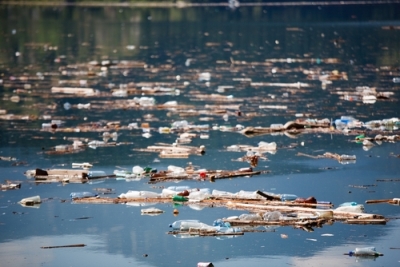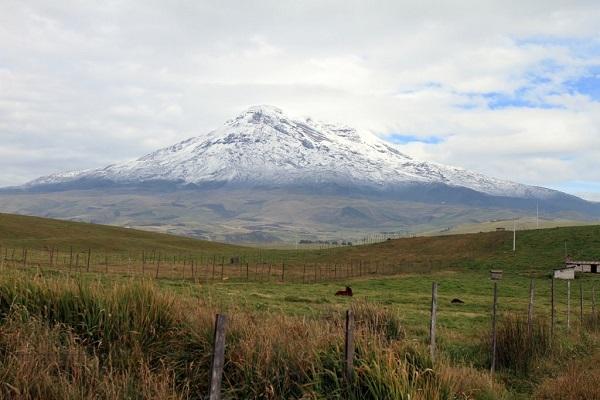When we talk about the economy and, mainly, the production of food and raw materials, often we refer to natural resources such as the soil and crops themselves (soybeans, rice, wheat and others). However, we often forget that the main natural resource for productivity is water, because without it, the cultivation, processing and transformation of any food or product is not possible. primary.
Therefore, there is a direct relationship between the lack of water and food security, a topic that has been widely discussed in Brazil, given that the course of 2014 and the beginning of 2015 marked the emergence of a profound water crisis in the country, reaching a considerable part of the population, especially in the Southeast region. It is also worth noting that other areas in the Northeast and also in the South region have already experienced the same problem in not too distant times.
THE food safety it consists in enforcing the right of all people to have access to food sources or to food itself on a regular and permanent basis. But food security, as foreseen by the
article 3 of the Organic Law on Food and Nutritional Security, cannot compromise the population's access to other needs considered essential, in addition to being carried out in a way that preserves health, environmental, economic and even cultural conditions. Therefore, food security is about the well-being of all people.So when we say that the lack of water can pose risks to food security, we are saying that either there will be a lack of food to meet the demand of the entire population, or their production will be carried out by sacrificing other needs, both of an environmental and character socioeconomic.
Do not stop now... There's more after the advertising ;)
In the state of São Paulo, where rainfall patterns have occurred much lower than expected since the summer of 2013 (which also occurred in other regions, such as the Midwest), the lack of water has become a chronic problem, with a gradual decrease in water water collection systems, so that a large part of the population, in addition to various sectors of the economy, began to suffer from consequences. Therefore, it is necessary to ensure, through public works and actions, measures to preserve the water that still exists and also to capture more water resources, without being highly dependent on climatic and meteorological phenomena. One of the measures would be the transposition of the Paraíba do Sul basin for its integration with the Cantareira System, the main water reservoir in São Paulo.
It is worth remembering that, in addition to the reduced supply of food, the lack of water can make food and all services more expensive, as production costs increase. In addition, it should be mentioned that most of Brazil's electricity supply occurs through of hydroelectric plants, so that the reduction of their reservoirs can also cause an energy crisis in the parents.
By Me. Rodolfo Alves Pena
Would you like to reference this text in a school or academic work? Look:
PENA, Rodolfo F. Alves. "Lack of water and food security"; Brazil School. Available in: https://brasilescola.uol.com.br/geografia/falta-agua-seguranca-alimentar.htm. Accessed on June 27, 2021.
Chemistry

Water pollution, physical aspects of water, chemical aspects of water, biological aspects of water, industrial waste, heavy metals, drinking water, organic matter, water turbidity, sewage.


